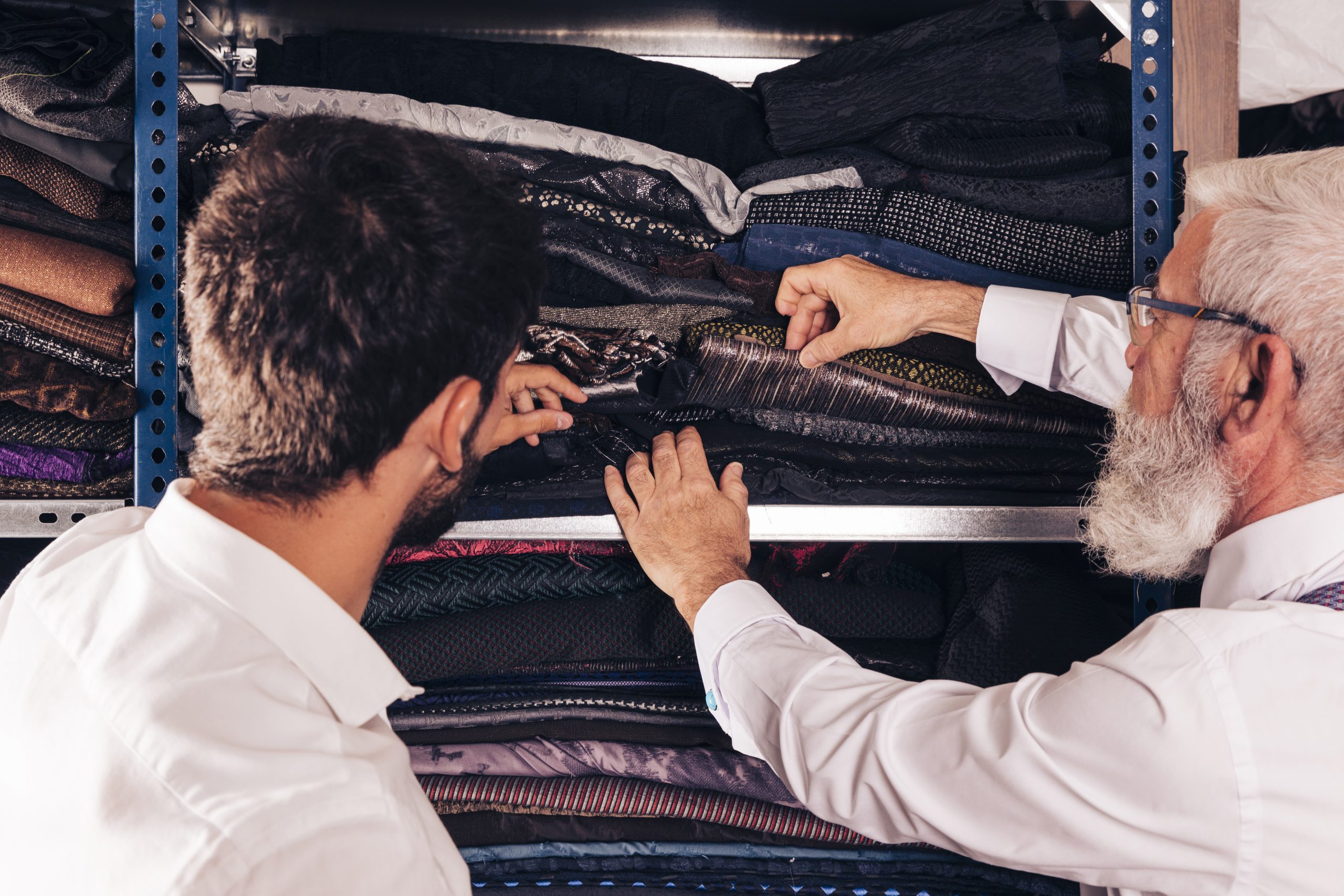By now, we’re all well aware that e-commerce has and will continue to blow up. And change the way we sell and shop. New and established importers have flocked to e-commerce strategies, understandably. But no worries here! There’s plenty of room for any players that want to get involved. The e-commerce industry is projected to reach an astronomical $4 trillion by 2023.
Whether or not you’re already in the import industry, expanding your business to the U.S. is a totally viable venture! That being said, you must approach with caution. E-Commerce can be a tough nut to crack, and moving imported goods into the U.S. is a whole other ball game.
Mastering the details will be critical for your success in e-commerce sales and importing into the U.S.
Check out our Guide to Importing Into the USA.
Keep reading below to learn how you can nail your entrance into the industry — and the U.S. market. Avoid these mistakes and you’ll be headed for business success!
Looking into classifications, regulations, and legalities too late
You’ve chosen a product, identified a market, starting conversations with a manufacturer… wait, are you forgetting something? It’s a common issue that first-time importers forget about the regulatory framework that binds imports too late in the process.
But identifying things like: your product classification, if you are subject to anti-dumping/countervailing duties (AD/CVD), any trade agreements, or — in worst case scenariors — the product you’ve chosen is not permitted to enter into the U.S.
Consulting with a customs broker beforehand will save you major headaches and even aid in your business planning, saving you money in the end.
Trying to do it all on your own
Breaking news (or maybe not, we hope!) If your shipment of commercial goods is valued at over $2,500, you will need to file a formal entry with Customs and Border Protection (CBP). While it may be tempting to de-value your goods and try to sneak around CBP’s watchful eye, it will most likely end poorly.
CBP is well aware of the increasing trend in e-commerce sales and DIY importers, so they’ve built a strong framework to assess these shipments. They even have an “E-Commerce and Small Business Team” to, in their words: “address the challenges posed by this dynamic trade environment”.
Working with a customs broker will save you time and money — in helping you file, document, and even sign things on your behalf during the customs clearing process.

Making a hasty customs broker selection
So, great! You’ve acknowledged that perhaps you may need to enlist the help of an experienced customs broker. The thing is, you could probably just Google “custom brokers near me” and be faced with perfectly fine results.
But the tactful thing to do would be to educate yourself on the particular offerings of the broker you have in mind. Coming prepared with a list of questions for your potential customs broker is certainly encouraged.
Read more: 5 Questions to Prepare Yourself Before You Contact A Customs Broker.
Forgetting that CBP reserves the right to inspect any shipment
As we mentioned above, it is certainly not ideal for you to try to circumvent any CBP regulations in order to “save time” — big air quotes here! Post-submission of a customs entry notice, CBP has the right to examination.
While these examinations are random, the changes of being inspected will be much higher if you are a first-time importer. In the event that you’ve worked with a customs broker and reputable supplier, and no violations are found, your shipment will be released. There may be additional charges as a result of the examination.
Please note that if proper security measures are not arranged for, there is a possibility that smugglers will use your shipment to move contraband! So ensure you’re taking the appropriate measures.
Time and time again, we see unsuspecting entrepreneurs/first-time importers making mistakes while preparing for e-commerce sales in the U.S. Unfortunately, as demonstrated above, there are a few key places where a misstep will end up costing you a lot of money and time — in fines, costly delays, and possible seizures of shipment.
The safe and sound thing to do is to partner with a customs broker, to ensure you’re moving forward with the expertise you need to have a successful business! Start the conversation here.






